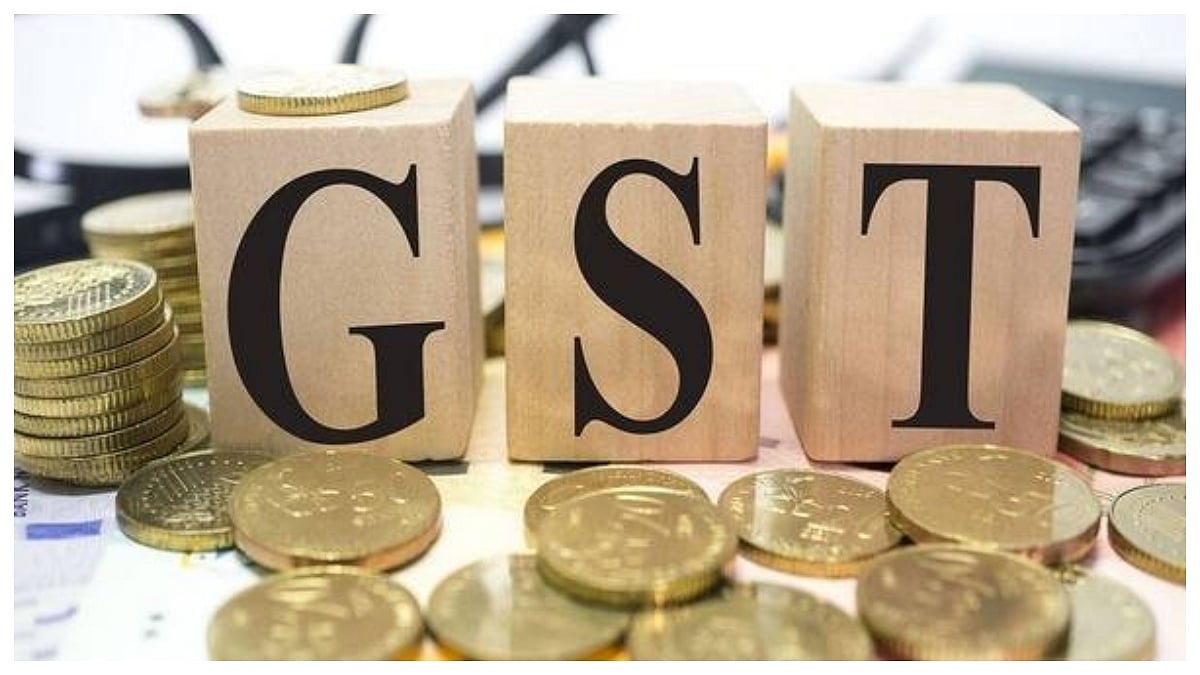Mumbai: The Goods and Services Tax (GST) Council has announced significant tax cuts aimed at boosting agriculture, reducing household expenses, and stimulating key sectors of the economy. The 56th meeting of the Council, chaired by Union Finance Minister Nirmala Sitharaman in New Delhi, was attended by Maharashtra’s Women and Child Development Minister Aditi Tatkare, who represented the state.
Tatkare welcomed the decisions, calling them “historic” and said they will bring major relief to farmers, small and medium-scale entrepreneurs, and common citizens. She stressed that the Maharashtra government is committed to ensuring the effective implementation of these measures in the state.
Major Boost to Agriculture
In a landmark decision, the GST on tractors was slashed from 18% to 5%, while the tax on agricultural machinery, organic pesticides, fertilizers, and irrigation equipment was also reduced to 5%. Tatkare said these reforms will not only increase farmers’ income but also reduce the cost of cultivation. She added that cuts in GST on chemicals such as nitric acid and ammonia, along with reductions in textile yarn and leather, will give a new push to both agriculture and the textile sector.
Relief for Common Citizens
The Council also approved major reductions in GST on essential consumer goods. Soap, detergents, talcum powder, toothpaste, toothbrushes, ready-made garments, footwear, and cosmetics will now attract lower taxes. Tatkare said these cuts will reduce daily household expenses and improve the standard of living for ordinary families.
Health and Insurance Sector Benefits
In a historic move, the Council made all individual health and life insurance services completely tax-free. Additionally, GST on medicines has been brought down from 12% or 18% to 5%, while several life-saving drugs have been made entirely tax-exempt. “This will make healthcare more affordable and expand access to insurance,” Tatkare said.

Infrastructure and Automobile Sector Gains
The GST on cement has been cut from 28% to 18% to boost infrastructure development. Taxes on small passenger and goods transport vehicles have been fixed at 18%. Similarly, white goods such as televisions and air conditioners will now attract only 18% GST. Tatkare said these measures will accelerate the automobile and export sectors, while also encouraging investments in infrastructure.
Economic Growth and Inclusive Development
Tatkare emphasized that the GST Council’s decisions will give new momentum to agriculture, healthcare, the automobile industry, and infrastructure. “These reforms will set a new direction for Maharashtra’s economic growth and raise the standard of living for common citizens,” she added.










